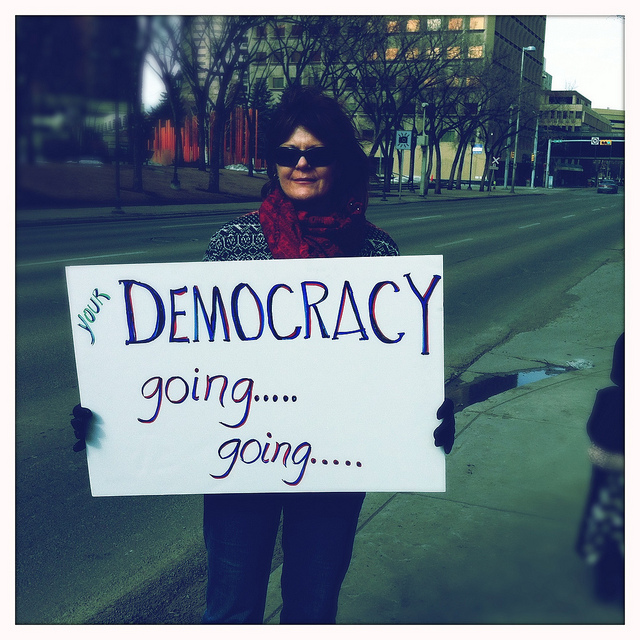Do you remember when Pierre Poilievre burst onto the scene in 2004 as a young, fresh-faced Conservative MP for the riding of Nepean-Carleton? So invested was he in promoting youth engagement in the political process that in 2007 he came up with a project to do just that — oh, and to “raise awareness about teenage sex.”
Students were given the opportunity to win $1,000 if they wrote a 500-word essay (and collected 25 signatures on a petition to pressure the Senate to pass Bill C-22 and raise the age of sexual consent from 14-16). And did I mention that two police constables judged the essays and selected the winner?
To recap: in order to be eligible for the cash reward, students had to support the petition by rustling up names, and write an essay about why the age of sexual consent needed to be raised. Not if, but why. In other words, eligibility hinged on agreement.
When concerns were raised about the contest’s requirements, Minister Poilievre was indignant. “I don’t see the concern,” he said. “Any tool you can use to encourage young people to build their minds, to participate in the democratic process and put their thoughts on paper in written word is a good thing.”
But here’s the arguably not-so-good thing(s): first, the only “thoughts on paper” that counted were those that happened to coincide with those of the Conservative government, of which Mr. Poilievre was (and is) a representative. Second, in this instance, “participation” in the democratic process — the act of collecting signatures — only counted if those signatures were in support of the petition to the Senate. And only the students who stuck to those criteria could compete for a cash reward.
From our 2014 vantage point and in the context of the Fair Elections Act, what looked like little more than a PR stunt (Kids! Petitions! Scholarships! Cops! What’s that spell? Democracy!) now seems much more prophetic than anyone could have realized.
Domestically and internationally, legal and electoral experts have spoken out about the degree to which the “research” behind the Act has been mischaracterized; how the legislation will actually discourage people from voting; and how continuing to ignore opposition to the legislation could shake the public’s faith in the democratic process itself. (The democratic process that recognizes and hinges on the existence of competing opinions, that is.)
But, you know, whatever. Minister Poilievre steadfastly maintains Bill C-23 is “excellent,” and a “very fair and reasonable elections reform package.”
Sure, some might consider the act of casting a ballot (or even deliberately spoiling a ballot) based on their personal preference “participating in the democratic process,” to quote a younger Pierre Poilievre. Some might even dare to suggest that robust and transparent debate is paramount in any legislation, but particularly with legislation involving electoral reform.
But others, for whom democracy is apparently shorthand for “opinions that align with mine,” might consider those same acts — depending on the underlying opinion — an inconvenience at best. Or even something to be minimized or edited out altogether.
That 2007 essay-writing contest (served up with a side of petition) appears to have been a dry run for today’s sharply contested and roundly critiqued Fair Elections Act. And, as with that ill-thought-out classroom experiment, to qualify for this “reformed” version of democratic participation, only like-minded opinions (or voting intentions) need apply.
Erika Shaker lives, works and blogs in Ottawa, Ontario.
Photo: flickr/JMacPherson




